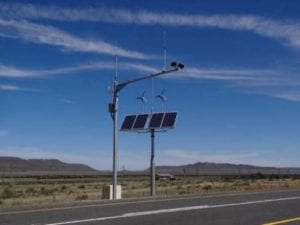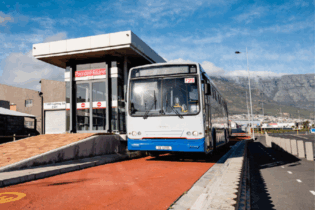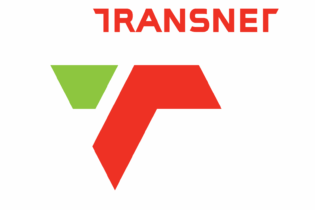Are the poor subsidising transportation costs for the rich?
Why, in South Africa, should the poor subsidise air transport for the rich? At a time when national air carriers around the world are being found to be too costly for any government and are unpopular, South Africa’s Minister of Public Enterprises announced in his budget presentation to parliament last week that the government will continue, at all costs, to fund SAA and its planned expansion to Benin and other African countries. The Minister said aviation is well placed to continue its strong support of South Africa’s trade, business and leisure tourism objectives. However, it is hard for anyone to understand why it is in the national interest that the state-owned SAA and SA Express should be funded by taxpayers when the vast majority of South Africans who may never get on a plane pay for their own transport (taxis, buses and trains) daily. The Minister said it was in the interest of national security that SAA needed to be saved at the expense of other pressing priorities at home, but failed to explain what these risks were. Surely security issues should be taken care of by the Defence Ministry and not public enterprise. Tourists and business people travelling to other countries on the African continent know what airlines to use, just like local travelers make a decision to use taxis, buses or trains and base their choices on cost benefit analyses rather than on who owns the airline or local transport. With the new dispensation in 1994, the ANC-led government committed itself to transforming and changing the legacies of the past. Our Constitution has, as founding pillars equality, human dignity and freedom. After nearly two decades of democracy, the realisation of these ideals is still a dream for many. According to Arrive Alive 2011, there are over 4 million users of the various public transports (minibus taxi, trains, and buses). Taxis transport 2.5 million (64%) of public transport users while 858,000 (22%) are transported by buses and trains transport 542, 000 (13%). Despite the fact that taxis transport a majority of South Africans especially the poor to work daily, there no dedicated lanes on public roads for taxis to use during peak hours. Millions of working South Africans grapple daily with the challenges of getting to work in the absence of reliable and affordable public transport. One would expect it to be a priority of government to see that the poor and working class South Africans can get to work every day with ease. Instead they consider as a priority the subsidy for air travel for tourists and business people, who, mostly, can afford to pay for their travel costs.This country’s public transport system was inherited from the Apartheid regime and continues to be one of the most expensive in the world. Consequently, so many South Africans spend a huge portion of their earnings on transport. Most people have come to rely on minibus taxis for transport yet little has been done by government to provide effective road infrastructure to improve the service the taxis provide. Last week many people were absent from work when, in Gauteng the taxis went on strike. They were demanding basic infrastructure similar to that provided to the government-funded public transport “Rea Via”.
Why does government not realise that all South Africans, since 1994, simply want an environment in which they can maximise their potential wherever they may be? People want to be able to choose their own mode of transport. They want transport that is affordable. They do not want to have to depend on government. If South African taxpayers had a vote on how their tax money is used, no doubt the majority would prefer that their money is spent on improving local public transport rather than on subsidsing SAA. Why does government feel that it is justified for the state to own and run SAA when many countries, even those with greater security concerns, have privatised their national carriers? Despite economic pressures, government continues to grow and to spend taxpayers’ hard-earned money on unprofitable State Owned Enterprises (SOEs). All South Africans should be asking how government spending affects them? It may make business sense to have effective air transport between this country and the rest of the continent, but for government to own that transport is not in the best interest of South African taxpayers, especially the poor. The business of business should be left to business. Instead of pouring more and more of our limited resources into a non-profitable state airline, government should concentrate on creating a climate that enables and encourages South African entrepreneurs to venture into the air carrier business and leave it to competition to ensure that the most efficient and cost effective services will operate. Government can do more to provide dedicated lanes to taxis during peak hours to enhance public travel for the poor. Government needs to honour its 1994 promises to deliver a better life for all, rich or poor. By redirecting public money to more pressing needs like public transport, housing and sanitation, and creating an environment where people can prosper, millions more South Africans will experience the benefits of our constitutional objectives of equality, human dignity and freedom. Instead of subsidising travel by the privileged few, perhaps many more will get a chance to experience the joy of air travel. Written by: Vivian Atud






